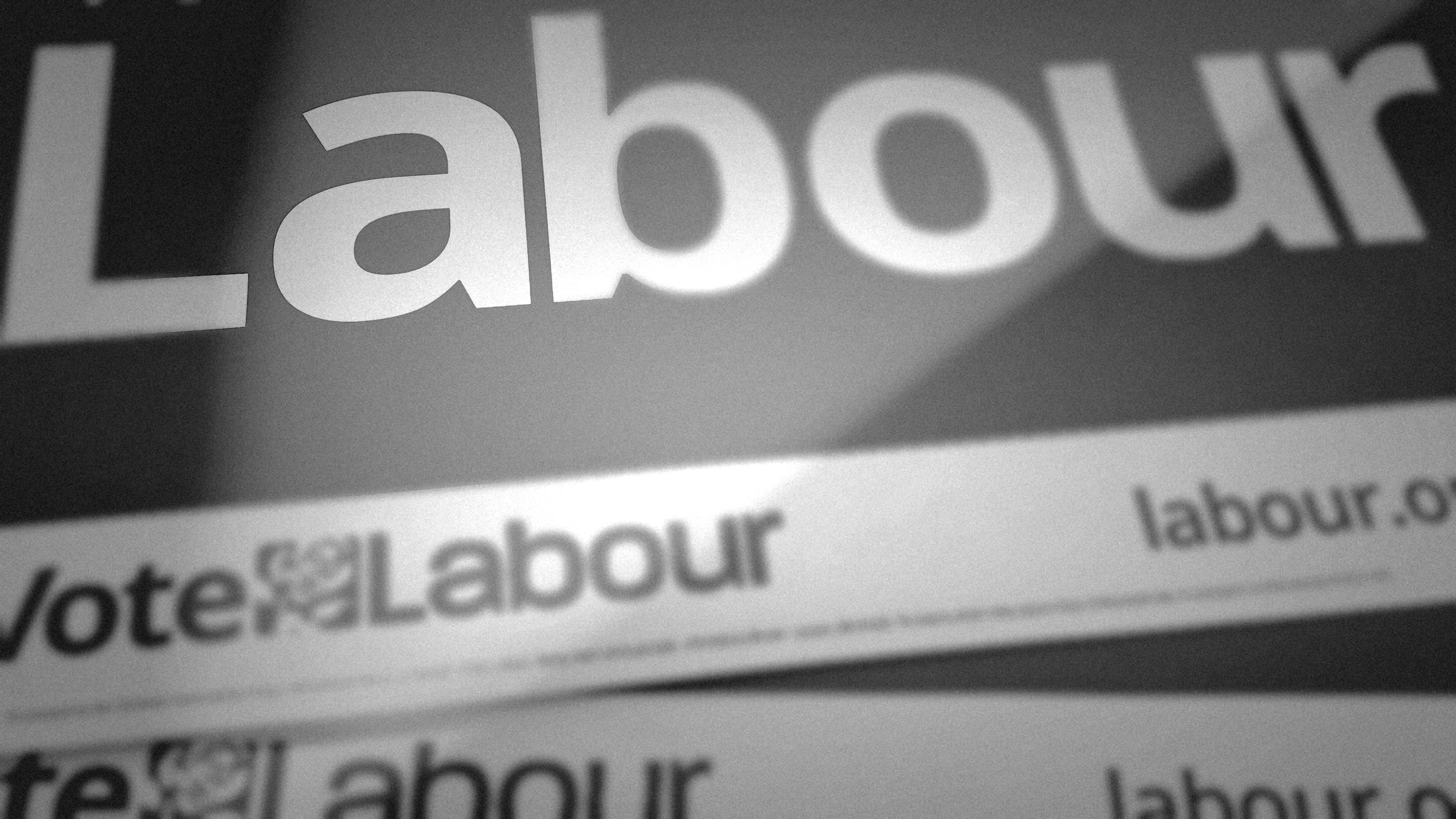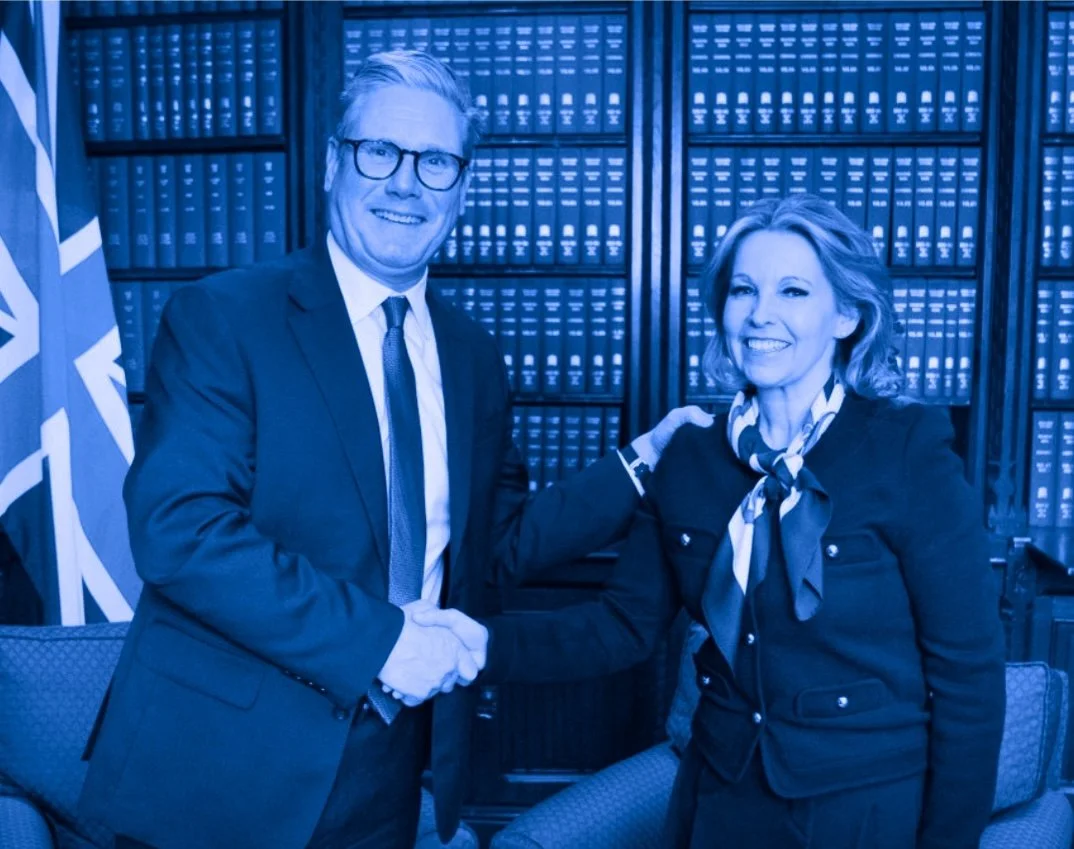If Natalie Elphicke is welcome in the Labour Party, is there anyone who wouldn’t be?
Labour is already heading for victory, so why does the party need to welcome a hard-right Tory MP? What kind of Labour Party are we on the verge of electing?
This is where we are. A senior Labour MP has to go on television to deny the party would open its doors to Nigel Farage. Given the extraordinary defection of Natalie Elphicke, you can understand the need to ask the question.
The hard-right member of the Tories’ European Research Group, who just last year insisted “Sir Softie” Starmer had neither a plan nor desire to reduce immigration, now poses for cheery hand-shaking photos as she crosses the floor.
The new Labour MP for Dover told Marcus Rashford to concentrate on football instead of campaigning on free school meals, voted to impose tighter restrictions on unions, and was suspended from the Commons for trying to influence the judge in her then husband’s sexual assault trial.
If Elphicke was plotting a defection, surely it would be to Reform? Yet instead, she leaves a Conservative Party that now loathes her, to join a Labour Party where she will be deeply distrusted by many.
But the real questions around this bizarre defection are not for a soon-to-be former MP, but for Labour’s leaders. It’s undoubtedly a coup, one that piles even more pressure on Rishi Sunak, but at what cost?
One Shadow Cabinet member says angry MPs and supporters need to “get out of our comfort zones”. The argument is that this is an essential step on Labour’s path to power.
Is it? Labour enjoys an eye-watering opinion poll lead, has overturned huge Conservative majorities in by-elections, and has just inflicted a substantial electoral kicking in the local elections. Did it really need to embrace an MP from the hardest right-wing edges of the Tory party?
The message, presumably, is that if a pro-Brexit, anti-immigration hardliner like Natalie Elphicke is comfortable at the prospect of a Labour government, then like-minded voters can switch with a clear conscience. Accompanying this message is an assumption that Labour’s existing vote has nowhere else to go, an opportunity the Green Party may seek to exploit.
Margaret Thatcher once said her greatest achievement was the creation of Tony Blair’s New Labour. She had re-written the rules, and forced fundamental change on her opponents. Thirty years on, Labour appears to aspire no further than being a less chaotic and slightly nicer version of the party it ostensibly opposes.
The ideological range of Keir Starmer’s Labour Party is now one that has no room for Diane Abbott or Jeremy Corbyn, but can accommodate one of the most right-wing of Boris Johnson’s 2019 Tory intake.
Labour has certainly changed — but what is it changing into? Principles without power may be meaningless, but it surely matters what you plan to do with power, and what you’re willing to do to achieve it.

